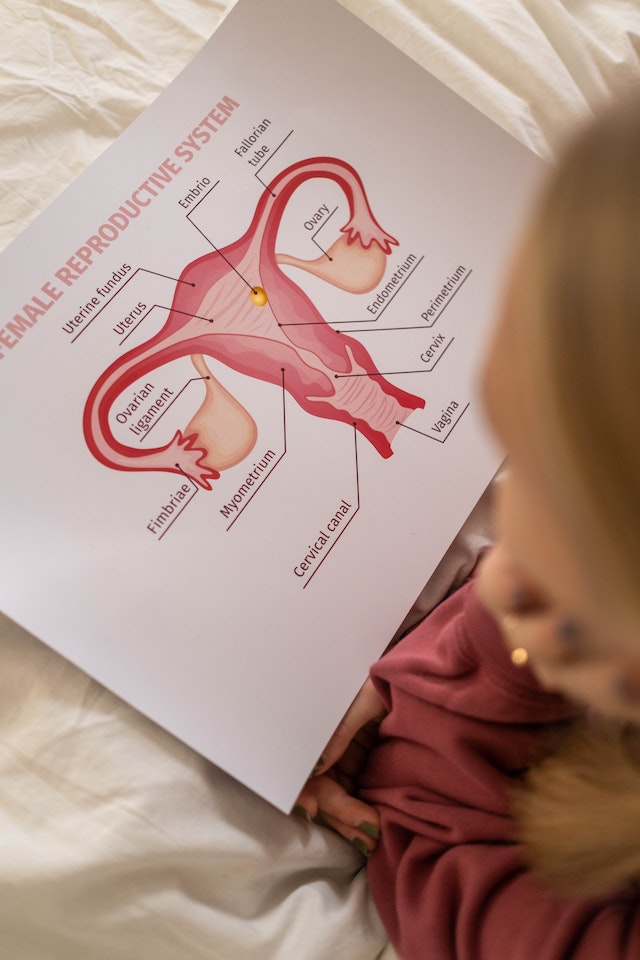Impatience is a common behavioral trait, and it can be influenced by various factors, including parental function and status.
Parental function refers to the ability of parents to provide their children with the necessary physical, emotional, and social support,
while parental status refers to the parents’ social and economic position in society.
Studies have shown that parental function and status can have a significant impact on children’s impatience.
Children who have parents that are supportive, caring, and responsive are more likely to develop patience and self-control.
Conversely, children who have parents that are neglectful, abusive, or absent are more likely to develop impatience and lack of self-control.
There are different parenting methods that exist, each with its own philosophy on how to raise children.
These methods can be broadly categorized into three main types: authoritarian, authoritative, and permissive.
Authoritarian parenting
Is characterized by strict rules, high expectations, and little emotional support.
Parents who use this approach believe that children should be obedient and disciplined, and they often use punishment as a means of control.
Children raised under authoritarian parenting may develop impatience due to the high levels of stress and pressure they experience.
Authoritative parenting,
On the other hand, is characterized by warmth, emotional support, and reasonable expectations. Parents who use this approach believe in giving their
children the freedom to explore and learn, while providing guidance and structure.
Children raised under authoritative parenting are more likely to develop patience and self-control, as they are taught to regulate their emotions and behavior.
Permissive parenting
Is characterized by low expectations, little structure, and few rules.
Parents who use this approach believe in allowing their children to make their own decisions and learn from their mistakes.
Children raised under permissive parenting may develop impatience due to the lack of structure and boundaries.
In conclusion,
Parental function and status can have a significant impact on children’s impatience.
The parenting method used also plays a crucial role in shaping a child’s behavior and personality.
Parents who strive to provide emotional support, set reasonable expectations, and teach self-regulation are more likely to raise patient, well-behaved children.









